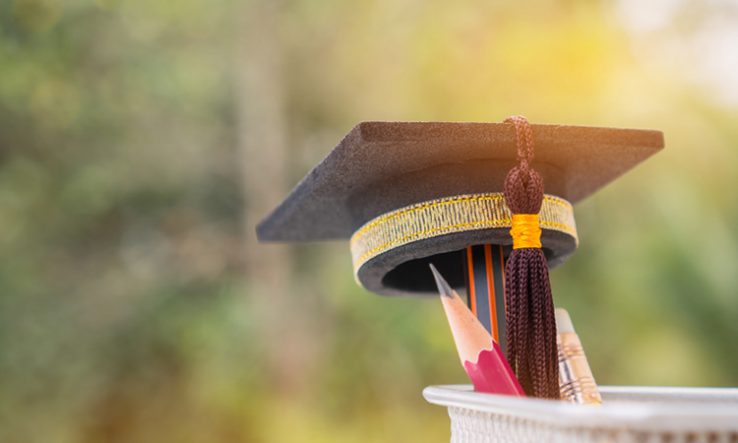
Students say protest is ‘alternative means of communicating’ with funder over its ‘lack of support’
PhD students frustrated by the lack of support from the UK’s national research funding agency during the pandemic are boycotting the system used for tracking research outputs, Researchfish.
UK Research and Innovation has been facing a growing backlash from the postgraduate community after it told PhD students to try and adapt their projects to complete their research within the original timelines.
To date, UKRI has allocated more than £60 million to support extensions for final-year students, and for students who found it “most difficult to adjust their project and training plan”. But several PhD students have said the funder should provide blanket extensions to all affected students.
In a growing sign of frustration, several PhD students have now written to the funder announcing their intention to boycott Researchfish, as well as using the hashtag #BoycottResearchFish on Twitter.
Due to the disruption and delays caused by Covid-19, UKRI has already said that reporting by students to Researchfish is optional for the 2021 submission period.
Notwithstanding, campaigners say the boycott is an “alternative means of trying to communicate with UKRI”, who they say has ignored their pleas for extra funding.
“Every week, we get at least two or three groups of students sending open letters to UKRI which go unanswered, so we need to have new ways of communicating our frustrations with UKRI and ones that can attract support from across the academic community,” said Alex Kirby-Reynolds, a second-year PhD student at the University of Sheffield.
He is funded by the Economic and Social Research Council, and is a member of the campaign group, Pandemic PGRs.
“We recognise that UKRI are dependent on government funding but it would be good of them to at least show that they are trying to lobby ministers on behalf of postgraduate researchers. That’s the least of what we would expect.”
Kirby-Reynolds was originally supposed to be researching people’s everyday experiences of democracy, disaffection and the state in relation to Brexit. However, since the pandemic struck he has had to change both his topic and methods.
“I was set to do collaborative face-to-face research and film-making but there’s only so much you can do to move everything online when you are doing research with communities,” he said.
Pandemic PGRs now hopes that PhD supervisors and other academics funded by UKRI will join the boycott to make it more meaningful.
‘Arduous admin exercise’
Also joining the boycott is Sarah Alewijnse, a final-year marine biology PhD student funded by the Natural Environment Research Council and a student representative for her Doctoral Training Partnership at the University of Southampton.
“As PhD students are not staff, we cannot withdraw our labour in any other way,” she explained. “This is one of the few ways that PhD students can actually have an impact on UKRI.”
She added: “I don’t see why PhD students should have to take part in an arduous admin exercise which is of no benefit to us when UKRI have, up until very recently, refused to engage properly with PhD students asking for a change in the extension policy.”
A spokesperson for UKRI told Research Professional News: “UK Research and Innovation recognises the current and ongoing pressures faced by PhD students during the Covid-19 pandemic.
“For this reason, we contacted UKRI-funded PhD students on 25 January 2021 to inform them that given the disruption caused by the pandemic, submitting research outputs and outcomes information via Researchfish is optional this year.”